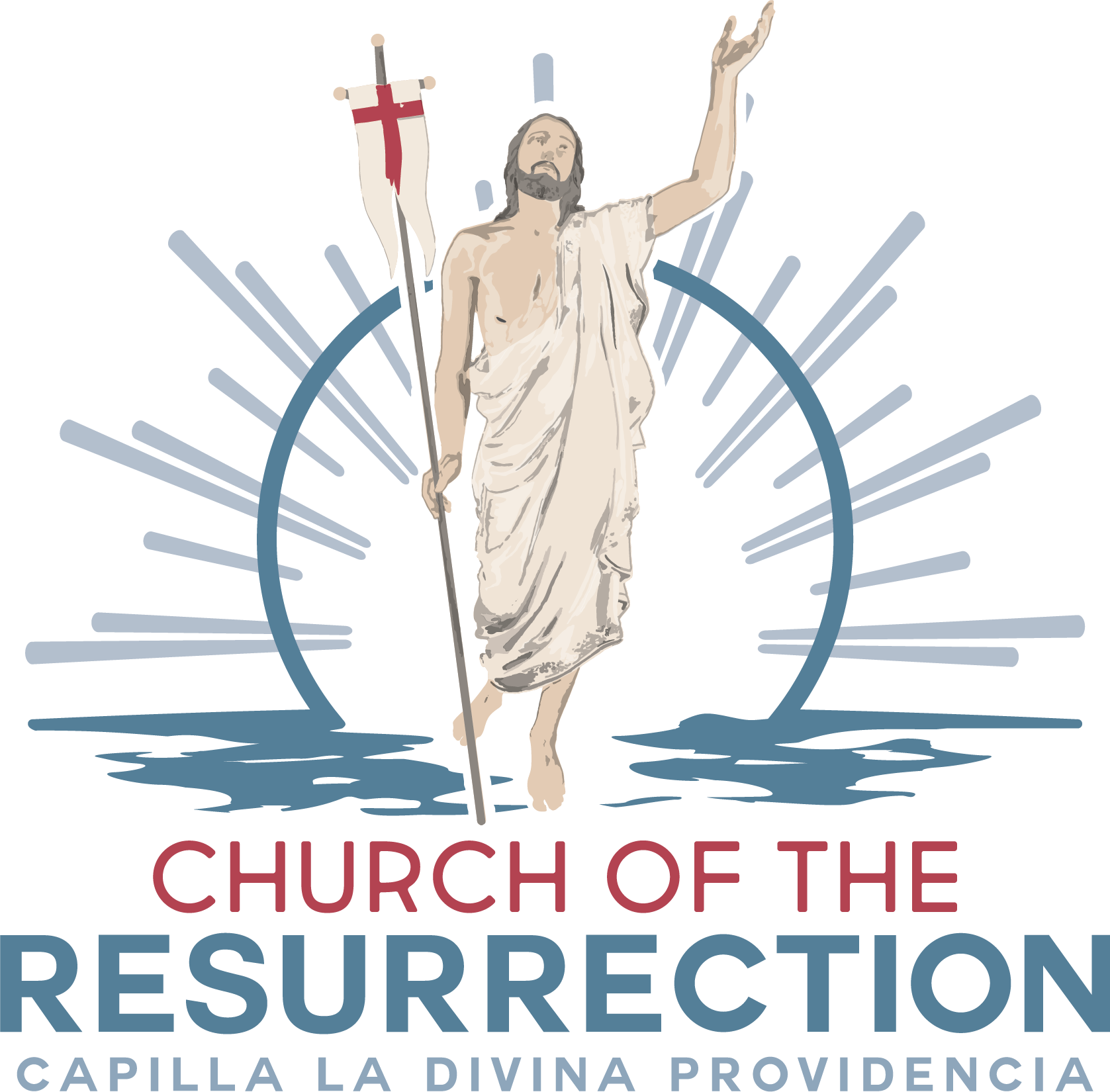Week 10 Confirmation
The Eucharist
Eucharist is one of the Sacraments of initiation. It is the Sacrament where we get to partake in the Body and Blood of Christ.
The Eucharist is the “source and summit” of our faith (CCC 1324). This means that everything in our faith is rooted in the Eucharist and is oriented towards it.
The word Eucharisteo means “thanksgiving” in Latin. It the greatest prayer of thanksgiving that helps us recall God’s great blessings: Creation, our redemption through Christ and our sanctification.
The Eucharist is often called “Communion”. It is the sign, as well as a source, of our communion with Christ and our communion with all those in the Catholic faith.
The Institution of the Eucharist
Read Matthew 26: 26-29: Jesus instituted the Eucharist during the Last Supper
"While they were eating, Jesus took bread, said the blessing, broke it, and giving it to his disciples said, 'Take and eat; this is my body.' Then he took a cup, gave thanks, and gave it to them, saying, 'Drink from it, all of you, for this is my blood of the covenant, which will be shed on behalf of many for the forgiveness of sins. I tell you, from now on I shall not drink this fruit of the vine until the day when I drink it with you new in the kingdom of my Father.' "
Now read 1Corinthians 11:23-26: We see that the early Church followed Jesus’ command to continue to celebrate the Eucharist in remembrance of Him.
The Eucharist is visibly bread and wine, but is in reality the Body and Blood of Christ
It is the substance that becomes the divine nature of Jesus Himself. This is understood as Transubstantiation, that through the consecration of the bread and wine it truly becomes the Body and Blood of Jesus Christ, even though it still appears as bread and wine.
The Eucharist is not a symbol, but truly is Jesus Christ Body, Blood, Soul and Divinity.
Who can receive the Eucharist?
Baptized Catholics who have reached the age of reason are allowed to receive the Eucharist
The age of reason is 7 years or older.
Those who are not Catholic cannot receive the Eucharist because they do not acknowledge Christ’s true presence in the Eucharist. We pray for the day that the Church will be one again and that all will be in communion and able to participate in the Eucharist.
We need to be in a state of grace to receive the Eucharist at Mass. This means if we know that we are in a state of mortal sin then we need to go to Confession before receiving the Eucharist.
Read John 6:35
- The Eucharist is how God feeds us. Our Spiritual lives are sustained by it. The more we partake in the Eucharist, the more we are transformed by it. And because it is Christ himself, we become more like Him.
- This is why it is important to go to Mass every week.
Read John 6:60-69
- All the Sacraments are mysteries of our faith, meaning we can’t fully understand them, except through faith. But the Eucharist can be a difficult teaching to comprehend because it still looks like bread and wine and we don’t always “feel” different after we receive Communion. But, we are called to be like Simon Peter and stay close to the Lord Himself.



